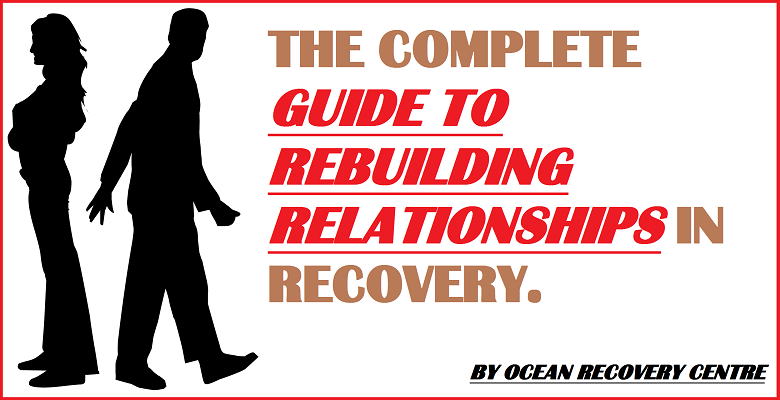Guide to Rebuilding Relationships in Recovery
View Our Other Centres
You might find it easier to get to one of our other recovery centres, we are located all over the UK. Find the best one for you and take a look at their website.

Google Reviews
5
Tel: 01923 369 161
Email: info@cassioburycourt.com
Address: Cassiobury Court, Richmond Drive, Watford, Herts, WD17 3BH
View Centre
